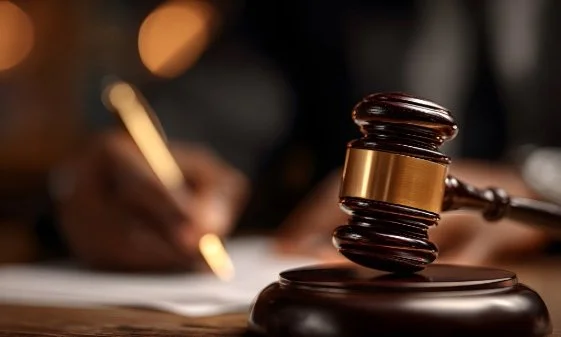Judge With Civil Rights Record Shifted to Lower Rank After Govt Request
Collegium Changes Justice Sreedharan’s Posting, Removing Him From Appointment Powers
October 21, 2025
The Supreme Court collegium has reportedly altered its earlier recommendation on the transfer of Justice Atul Sreedharan, a senior High Court judge known for pro-civil rights rulings, following a request from the Union government. This suggests that the judiciary’s internal decisions remain vulnerable to executive pressure, and the collegium has willingly accommodated that pressure rather than defending its own independence.
On Aug. 25, the collegium recommended Justice Sreedharan’s transfer from the Madhya Pradesh High Court to the Chhattisgarh High Court. Less than a month later, the Union government sent a request seeking a reconsideration of this decision. On Oct. 16, the collegium revised its recommendation and instead proposed that Justice Sreedharan be transferred to the Allahabad High Court, as reported by The Indian Express.
The official record states that the modification was done “pursuant to a request received from the Department of Justice.”
As a result of this decision, Justice Sreedharan will be transferred to a court where he is lower in the order of seniority and will not sit on the High Court collegium responsible for appointments and elevations. Had he been transferred to Chhattisgarh as originally proposed, he would have remained in the top three and continued to serve on the High Court collegium. In effect, this change strips him of institutional power.
The facts of Justice Sreedharan’s career show that he is a senior judge with a consistent record of pro-civil liberties rulings. His judgments have included quashing preventive detention orders under the Jammu and Kashmir Public Safety Act, granting bail to journalists held under terror charges, and taking suo motu action against caste violence and communal remarks by ministers, as noted by Scroll.in. These rulings have questioned police conduct, censured district magistrates and demanded accountability from powerful political figures.
His frequent transfers have followed a pattern. In 2023, he asked for a transfer out of Madhya Pradesh on the grounds of a conflict of interest, and was posted to Jammu and Kashmir. There, he was in line to become Chief Justice, but was transferred back to Madhya Pradesh just weeks before elevation. The latest transfer to Allahabad fits the same pattern. Each time he neared a position of influence, he was moved elsewhere.
The pattern shows that transfers are being used to sideline judges whose decisions trouble the political executive. Earlier, Justices Akil Kureshi and S. Muralidhar were also reportedly moved out of key posts despite their seniority.
The collegium’s readiness to revise its decisions at the executive’s request, even when this weakens a judge’s institutional position, and to acknowledge doing so, is unexpected. Judges who are transferred are often those who have issued orders holding the state accountable. Such transfers make it more difficult for them to continue that work.
If the collegium had resisted the request or at least offered a reasoned explanation, it might have defended its integrity. Instead, it offered no justification, only an admission that the government had asked. It accepted the transfer not as a matter of law or principle, but as a matter of compliance.
The current system of judicial transfers and appointments remains opaque, with no public explanations or consistent standards available. Such opacity can create conditions where political considerations may influence decisions. In this instance, the collegium’s statement itself noted that the change followed a government request. This raises questions within the judiciary as well. The concern for judicial independence arises not only from external pressures but also from decisions made within the institution itself.
You have just read a News Briefing by Newsreel Asia, written to cut through the noise and present a single story for the day that matters to you. Certain briefings, based on media reports, seek to keep readers informed about events across India, others offer a perspective rooted in humanitarian concerns and some provide our own exclusive reporting. We encourage you to read the News Briefing each day. Our objective is to help you become not just an informed citizen, but an engaged and responsible one.

